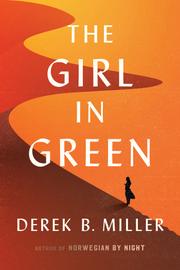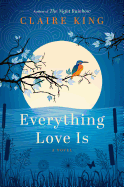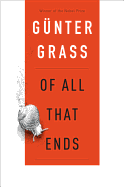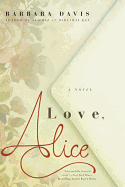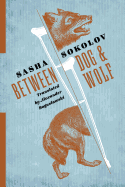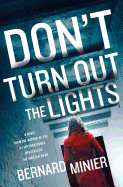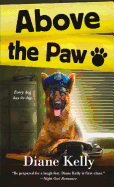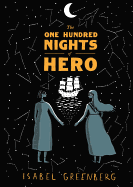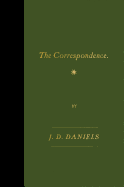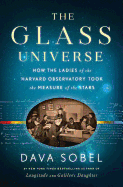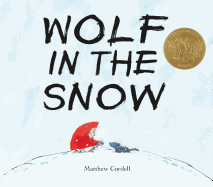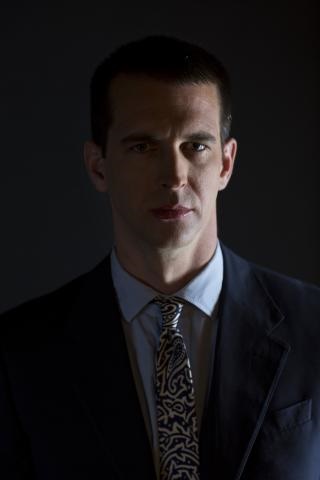 |
| photo: Willy Somma |
J.D. Daniels received a 2016 Whiting Award for Nonfiction, and his writing has appeared in the Paris Review, AGNI, n+1 and the Oxford American, among other publications. His collection The Correspondence (just published by Farrar, Straus & Giroux) is difficult to categorize: four nonfiction letter-essays, two fiction "letters" that both confound and amuse. Our reviewer (see below) wrote, "These letters are brief, but they hit the mark with more than bewilderment and humor--they often nail the truth."
What exactly are we reading here?
The Paris Review has a tradition of closing its issues with a letter from abroad. I sent the magazine a story of two years spent training with professional and amateur fighters here in Boston and, briefly, in Brazil. My editor thought "Letter from Cambridge" would be an unexpected title for a tale of unremitting smelly violence.
"Letter from Majorca" was selected by Cheryl Strayed for Best American Essays 2013. I wrote that whole thing in a seizure, front to back, top to bottom. There's a lot happening in it. The major narrative through-line is a trip from Italy through the Balearics to coastal Spain on a 43-foot ketch with five Israeli sailors. Didn't know how to sail, didn't speak Hebrew. Sailing is beautiful. Lots of barfing, lots of dolphins and rainbows.
"Letter from Kentucky" began as a magazine piece about a television show called Justified set in Harlan County, Kentucky, but it died when that magazine's editor got canned for taking erotic photographs of his underage female interns' feet. Now all I had was my notes about my journey home--I was born in Kentucky and I lived there for 30 years. For example, I stopped to take a photo of a barn in Hodgenville, where my mother grew up, and a one-eyed old woman walked over the hill and said, "I seen you with your camera, government man." I said, "I'm Charlie and Sylvia Rock's grandson. I've just been up to the cemetery on Red Hill." And the one-eyed old woman said, "I knew your grandmother. She was an extreme seamstress. Many's the time I sold her fabric or a pattern. I used to work at the store, you see. I guess you'd better come over to my son-in-law's." This is a true story.
"Letter from Level Four" was published as "Empathy" in the Paris Review. It's about meeting a man who could have been my twin brother. I hated him to death. You know what Pogo the possum said: "We have met the enemy, and he is us." Ninety percent of the story is true. I made up the dog.
"Letter from Devils Tower" was published as "Close Encounters." For a while it was called "Unidentified." You can see its protagonist still isn't identified. It's a story about a doomed love affair, and about a job I had for a couple of years driving a truck.
"Letter from the Primal Horde" is embedded reporting from a group-psychoanalytic conference gone bad. What they do is they experimentally generate psychotic anxiety in order to study what methods, if any, the group develops to manage the mounting terror. It's kind of like atomic-weapons testing. It didn't go well.
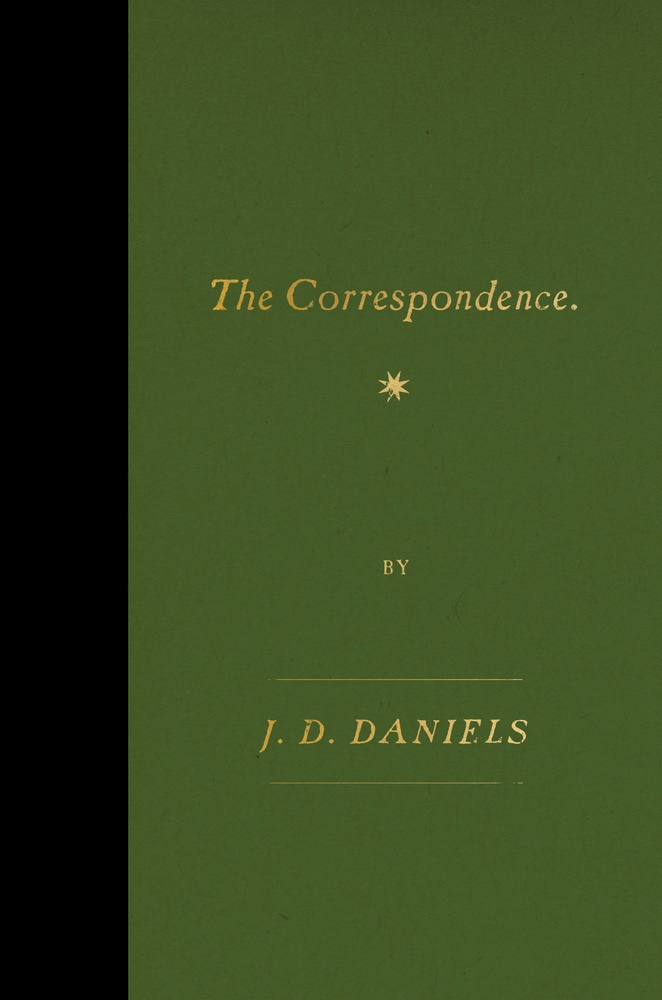 There's a palpable sense of the delirious running through these pieces, that life can be as ridiculous and nonsensical as anybody could conceive, that the things that happened to Charles Bukowski, to Hunter Thompson, to Henry Miller--those are really the things that are "normal" for most people. Any given day, we're two twists of fate away from the outlandish. Is this your experience generally, or are we privy to your isolated instances of strangeness?
There's a palpable sense of the delirious running through these pieces, that life can be as ridiculous and nonsensical as anybody could conceive, that the things that happened to Charles Bukowski, to Hunter Thompson, to Henry Miller--those are really the things that are "normal" for most people. Any given day, we're two twists of fate away from the outlandish. Is this your experience generally, or are we privy to your isolated instances of strangeness?
I'll be honest with you. I spent five hours thinking about this question, and I still don't understand it.
I like what you said about palpable sense, though. That means you can feel something.
Like the vast majority of people who have ever lived, are alive today, or ever will live, I have never read a book by Hunter S. Thompson.
I guess I know what you mean by outlandish. Yesterday a man I don't know walked up to me and gave me a frying pan. Heavy-duty carbon steel for lasting quality.
Or: "Excuse me, sir," a man said to me as I sat down with a cup of coffee. "Are you Irish? I was a Marine. I'll always be a Marine. My grandmother was Irish, and she was a witch. I was a Marine in Vietnam, and the man walking point, with the night goggles, I said to him, Hey. I make this motion with my hand and everybody stops. I said, Over there. Two in the trees. He takes his goggles off, he says, How did you see that? I told him, My grandmother was a witch and I can see things. I'm glad to see you're drinking coffee, sir. That's a drink for men with integrity. It means you have a plan. You want to know what I see when I look at you?"
I said, "Yes, I want to know, but I'm afraid to find out."
He said, "I see green and gold all around you. It means luck. I'm a warlock. That's like a man witch. It's hard to explain to human people."
Then there was the man on the corner who was screaming at the co-ed. I stepped between them. He said, "Look, sir, I don't have a problem, I just want to tell somebody what happened." I said that was fine, he could tell me. So he told me that the night before, while he'd been sleeping rough, someone had poured gasoline on him and set him on fire. He woke up and put himself out. He opened his shirt and showed me his bandages. He couldn't believe anyone could be so evil as to set a living human being on fire. Despite the fact that it had happened to him not 24 hours earlier, he could not believe it, he thought it was outlandish. He wanted to unburden his heart, and just then this girl walked past him. He said, "Miss, miss, listen, last night someone set me on fire," and she, in a hurry on her way to class, not hearing him correctly, thought he wanted a cigarette, and she said to him, "Sorry, I don't have a light," and he, by now pushed beyond the limits of human endurance, began screaming at her, or merely near her. That was when I stepped between them. He told me his story and we hugged each other.
Life is outlandish all the time. We can see what we're ready to see.
What are some topics you'll be exploring in the future? Will there be more correspondences, or are you moving on to other things?
I was going to write a book called Solar Power. Part One was Shamash, Amon-Ra, Apollo, Huitzilopochtli, Amaterasu and the Theosophical Solar Logos. Part Two was heliocentrism, the biochemistry of photosynthesis, nuclear fusion in the sun and crystalline silicon photovoltaic cells.
Instead I drove 1,600 miles through North Dakota, South Dakota, Nebraska, Kansas, Oklahoma and Texas for a long Esquire article. It should be out in March.
Right now I'm writing about a movie. I get a lot of cognitive mileage out of movies. I love movies. They make me cry. They're so stupid. Most movies are children's movies.
I'm writing a long essay about a horror movie, about Melanie Klein and W.R. Bion and Didier Anzieu and, above all, about the great genius Janine Chasseguet-Smirgel. My girlfriend is tired of listening to me talk about her. "How's Janine?" she said yesterday. --Matthew Tiffany, LCPC, writer for Condalmo and psychotherapist
J.D. Daniels: Seeing What We're Ready to See
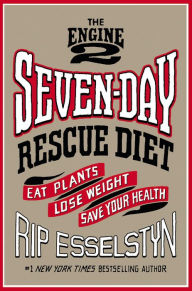





 There's a palpable sense of the delirious running through these pieces, that life can be as ridiculous and nonsensical as anybody could conceive, that the things that happened to Charles Bukowski, to Hunter Thompson, to Henry Miller--those are really the things that are "normal" for most people. Any given day, we're two twists of fate away from the outlandish. Is this your experience generally, or are we privy to your isolated instances of strangeness?
There's a palpable sense of the delirious running through these pieces, that life can be as ridiculous and nonsensical as anybody could conceive, that the things that happened to Charles Bukowski, to Hunter Thompson, to Henry Miller--those are really the things that are "normal" for most people. Any given day, we're two twists of fate away from the outlandish. Is this your experience generally, or are we privy to your isolated instances of strangeness?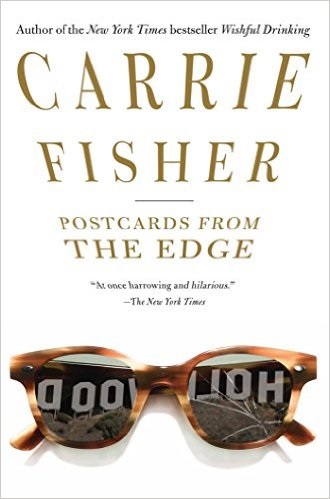 Carrie Fisher's death dims the many hopes of Star Wars fans eager to see her continued portrayal of Princess Leia in the Disney-revived franchise. Fisher's passing also marks the loss of a talented author, screenwriter and humorist, whose work includes candid depictions of her struggles with bipolar disorder and drug addiction. She died a week after suffering medical complications on a flight home from the European leg of her book tour for The Princess Diarist (Blue Rider Press), a memoir chronicling the making of the first Star Wars movie, A New Hope, including her affair with married co-star Harrison Ford.
Carrie Fisher's death dims the many hopes of Star Wars fans eager to see her continued portrayal of Princess Leia in the Disney-revived franchise. Fisher's passing also marks the loss of a talented author, screenwriter and humorist, whose work includes candid depictions of her struggles with bipolar disorder and drug addiction. She died a week after suffering medical complications on a flight home from the European leg of her book tour for The Princess Diarist (Blue Rider Press), a memoir chronicling the making of the first Star Wars movie, A New Hope, including her affair with married co-star Harrison Ford. 